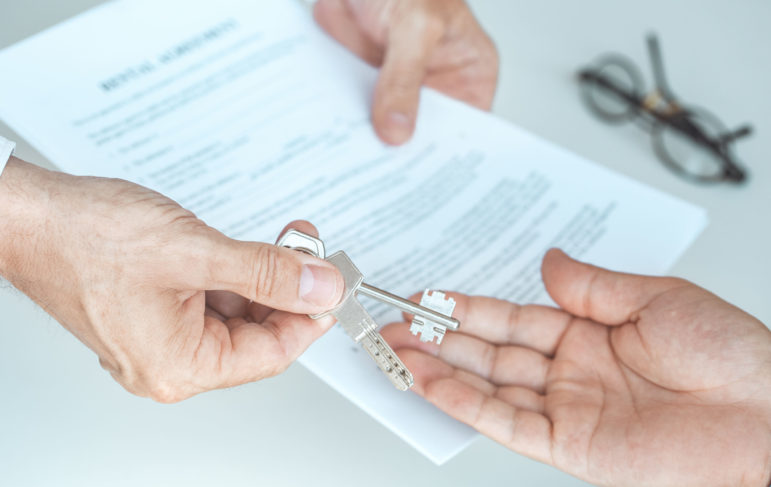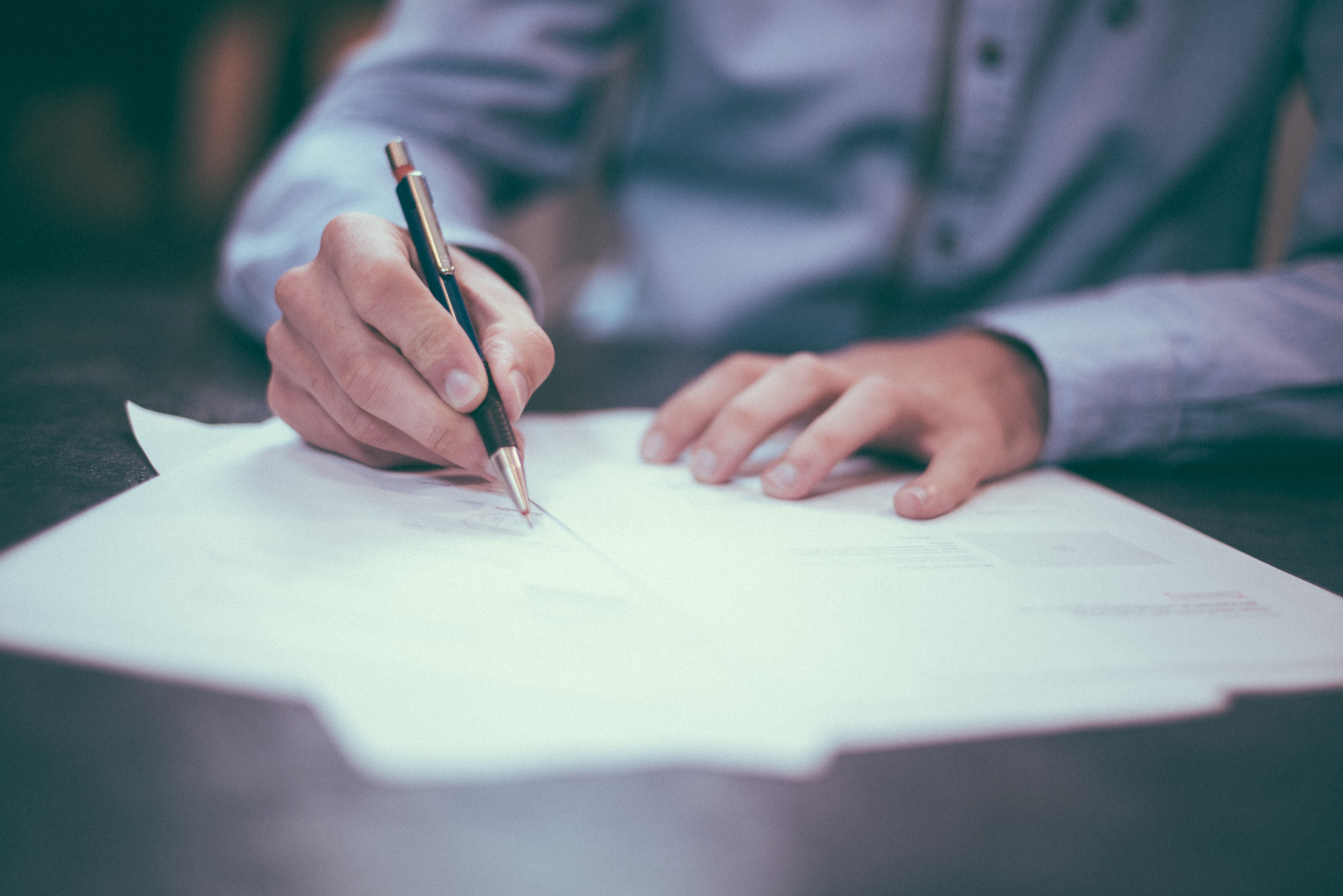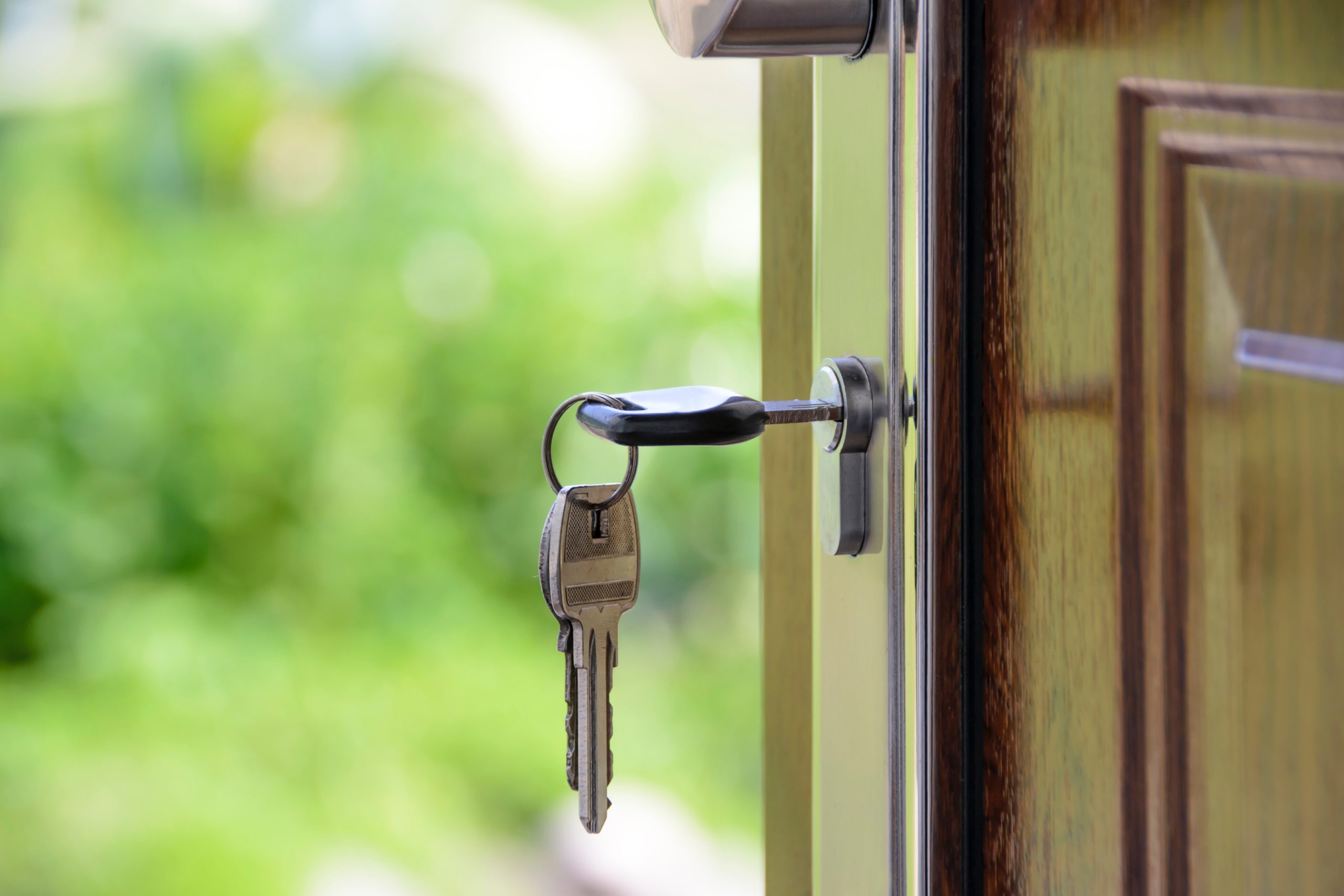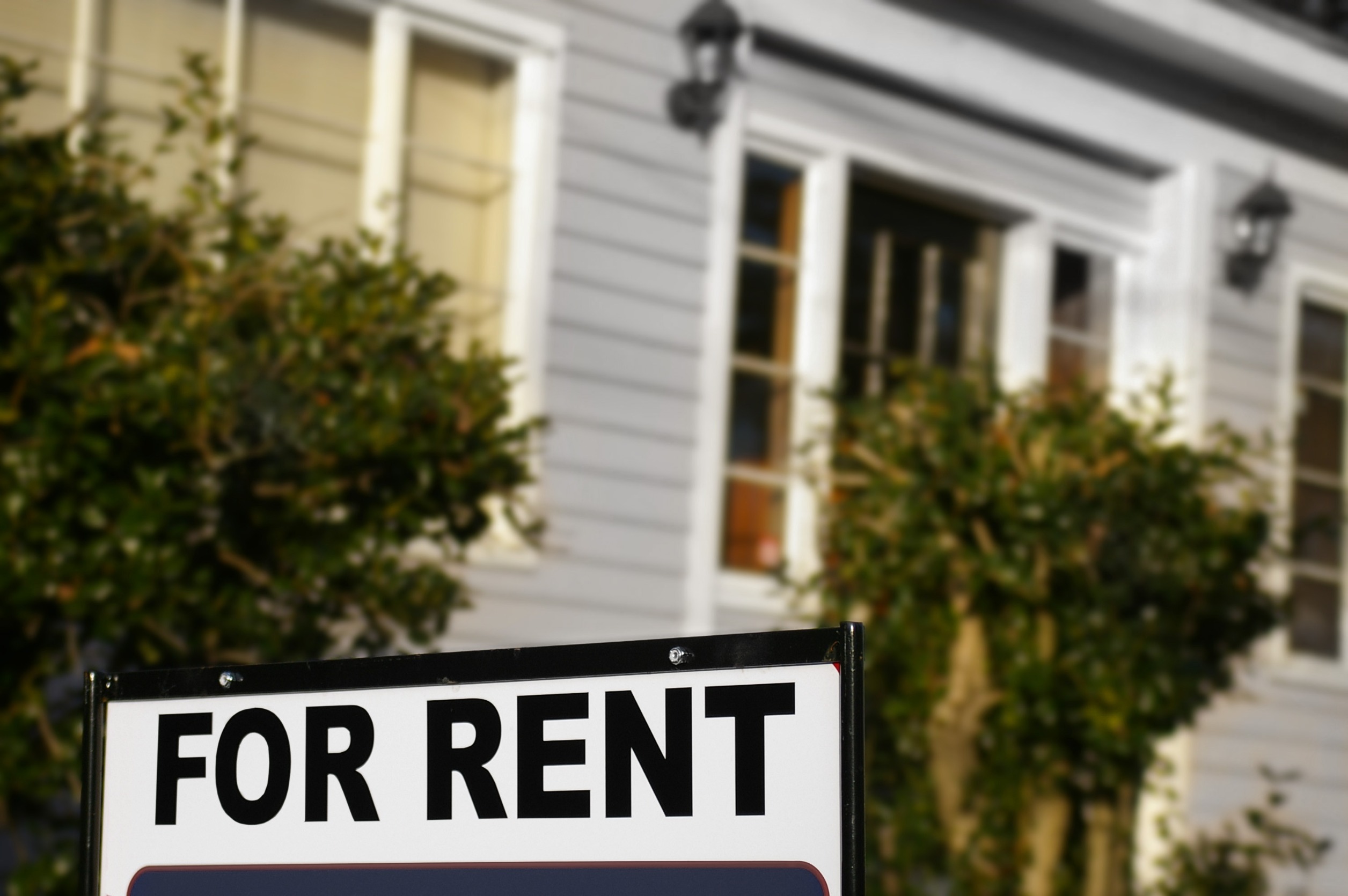Living in a rental house feels like having your own home, and it should for the most part. However, there are some simple things many renters forget they aren’t allowed to do. Here are four things you should never do in a rental house.
Change the Locks
Changing the locks on a home is a relatively common security measure, but renters should never make the change without consulting their landlord first. Preventing your landlord’s access to the house violates landlord-tenant law. These measures are put in place for situations like needing to make emergency repairs while the tenant isn’t home. If you want to change your rental home’s locks, ask your landlord first.
Home Improvements
The urge to spruce up your rental home is a common one, but be careful not to violate your lease agreement. While many landlords would be happy to allow tenants to improve their rental properties, others might not want any changes, so it’s best to ask them what they’re okay with. Projects that typically require prior consent from the landlord include:
- Interior and exterior painting
- Changing landscaping elements, including removing plants and trees
- Making repairs or replacing appliances
Adding Roommates
Whether you’re letting a friend stay with you for a while, officially subletting or getting a pet, adding roommates without your landlord’s consent could lead to eviction. While your landlord may be fine with your new puppy, having long-term house guests or subletting without your landlord’s knowledge likely violates your lease agreement. If you’re planning to have guests, let your landlord know how many and for how long.
If you want to leave your rental home before the lease is up and would like to sublet, try to work with your landlord. Landlords typically have strict rules for finding a tenant and aren’t likely to agree to this.
Damage the Property
Accidents happen, and most landlords are aware of that. However, any repairs made to damage beyond normal wear and tear in your rental house will come out of your security deposit. When repairs cost more than your deposit, your landlord can sue for payment.
If you accidentally damage your rental property, tell your landlord and pay for additional repair costs if need be. Most importantly, don’t try to fix the damage yourself and hide it from your landlord — honesty is the best policy.
There are a lot of rules associated with renting a house, and leases can be difficult to understand. Before signing a lease, have experienced real-estate attorney Dan Burke review your lease and ensure there are no hidden issues. Contact us today to schedule a free consultation.





